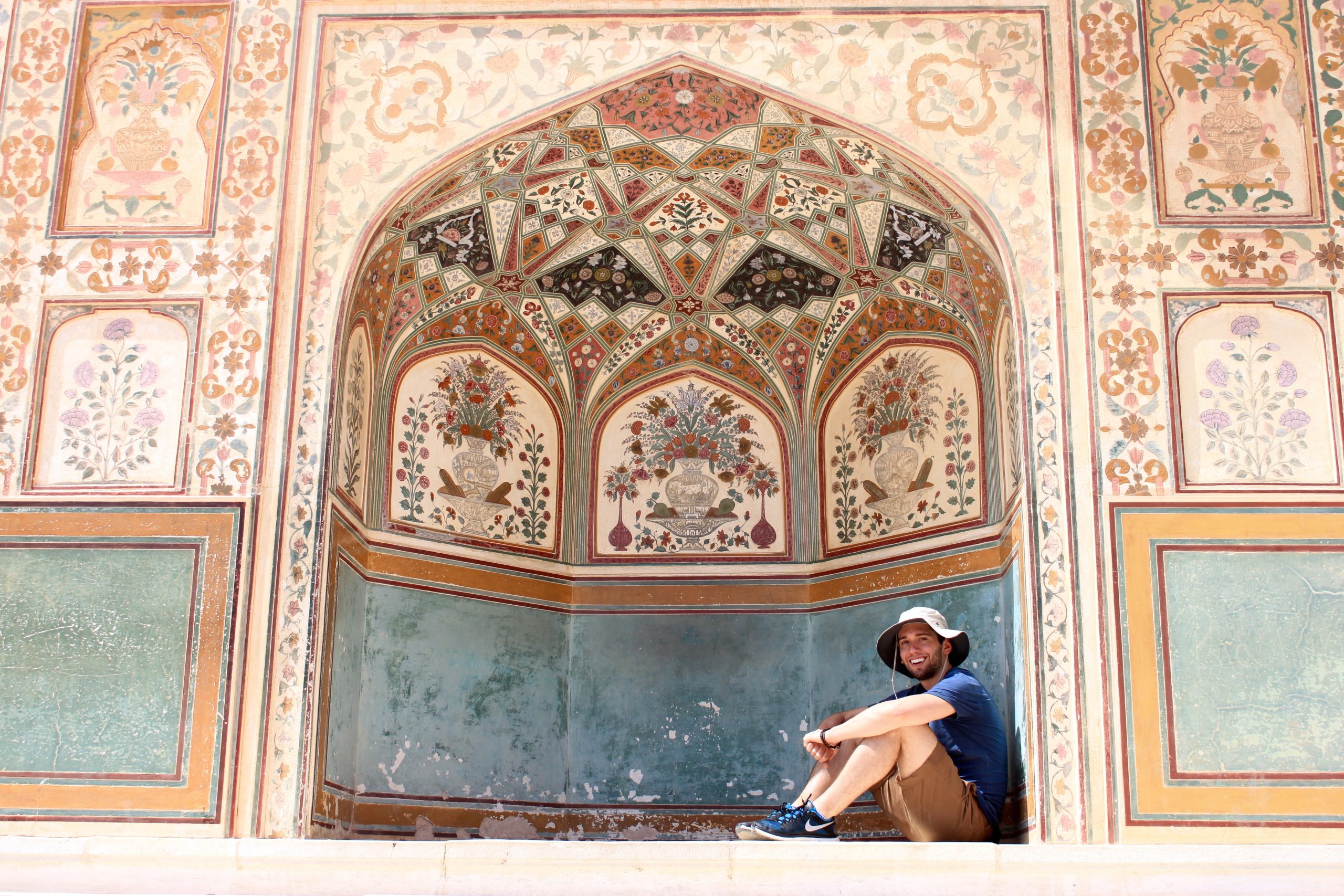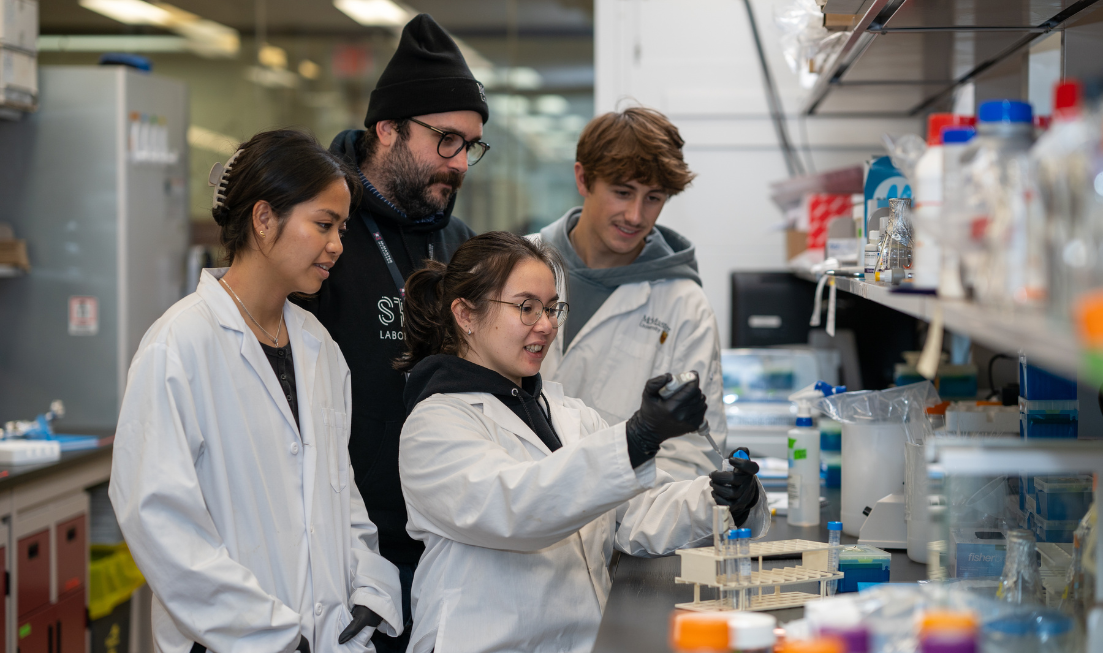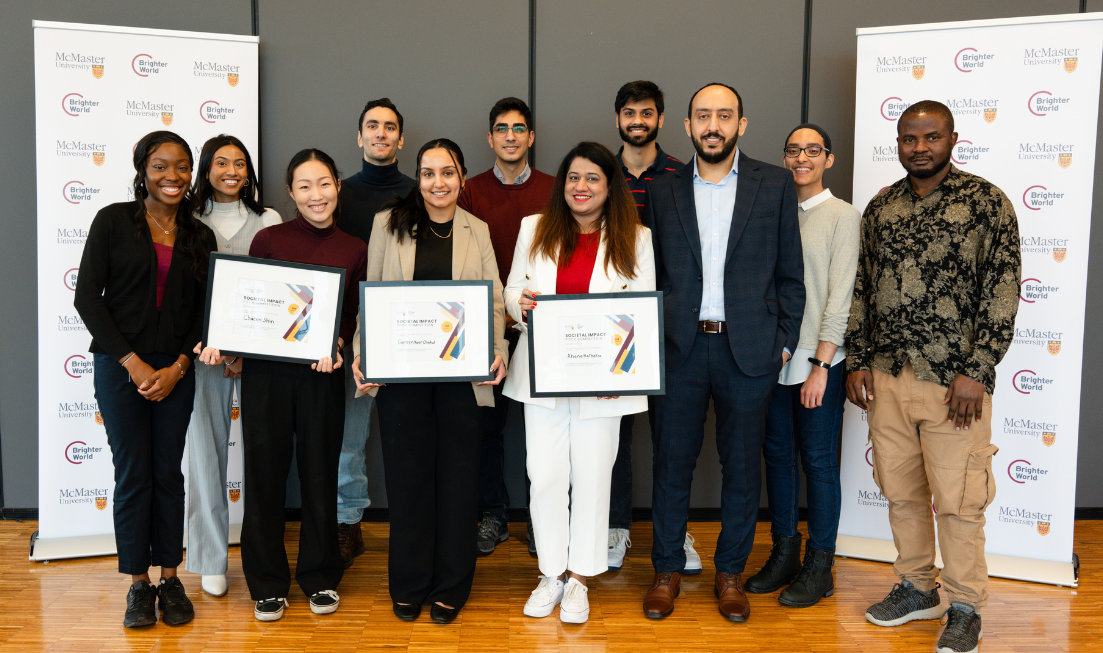Telemedicine Could Help Overcome Barriers to Health-Services Accessibility for Refugees, says Global Health Alumnus

Telemedicine has the potential to increase access to health services for refugee patients, says MSc Global Health alumnus Anthony Sandre. In research recently published in Refuge: Canada’s Journal on Refugees, Sandre explores the efficacy of communications technology in breaking down the many barriers confronting refugees in the health care system.
Sandre’s paper, Telemedicine: Bridging the Gap between Refugee Health and Health Services Accessibility in Hamilton, Ontario, examines a potential solution to the geographic, economic, and cultural barriers refugees face when accessing health care services. “Refugee patients present with unique health care needs and vulnerabilities that frequently manifest as physical and mental health issues,” he says. “Our patients then face difficulties accessing the health care they need.”
Barriers to accessing health care services include the affordability of transportation to medical appointments, poor health literacy and understanding of the healthcare system, medical mistrust, linguistic and cultural factors, and healthcare providers’ unwillingness to accommodate patients’ culturally sensitive demands.
To explore the efficacy of telemedicine – the use of specialized technology, such as video conferencing, for consultation, referral, diagnosis, treatment, and follow-up – in overcoming these barriers, Sandre and his co-author Prof. K. Bruce Newbold, director of McMaster’s School of Geography and Earth Sciences, interviewed healthcare professionals who provide care to refugees. The authors also conducted a literature review on the subject.
“Despite various experience with telemedicine services, all interview participants acknowledged its possible benefits,” says Sandre. “The greatest potential they identified was in a situation where the primary care physician is with a refugee patient while interacting via video conference with a specialist physician from a similar cultural or ethnic background to the patient.” In Hamilton and across Canada, primary care physicians would benefit from a network of healthcare professionals who could provide this type of culturally sensitive care. “The network would help to provide the patient with culturally-safe care, build trust, and allow the primary care physician to serve as a buffer in understanding the medical assessment,” Sandre explains. The expected advantages of this model of “telecollaboration” include empowering patients to participate in their own health care, and increasing medication adherence and treatment compliance.
The healthcare professionals also highlighted the possible drawbacks of telemedicine services. “The main challenges they identified were the lack of direct patient interaction, patients’ apprehension about sharing personal information over an electronic medium, and the confusion and complexity around financial compensation for telemedicine services,” says Sandre.
Moving forward, study participants suggested advocating for health policy legislation to address compensation for electronic consultations and creating clear confidentiality guidelines for communicating across an electronic medium. “We hope that this study will serve as a dialogue piece surrounding health inequity for refugees, and will encourage clinicians to implement telemedicine services in their practice,” says Sandre.
Sandre is currently a medical student in the Michael G. DeGroote School of Medicine at McMaster University. He recently presented this research at the North American Refugee Health Conference in Toronto.
Global Health News
Related News
News Listing

Daily News ➚
McMaster earns top spot for graduate student research intensity in annual rankings
Global Health News
December 9, 2024

December 4, 2024

McMaster University (Global Health) and the University of Global Health Equity (UGHE), Rwanda Sign a Memorandum of Understanding (MOU)
Global Health News
November 28, 2024
